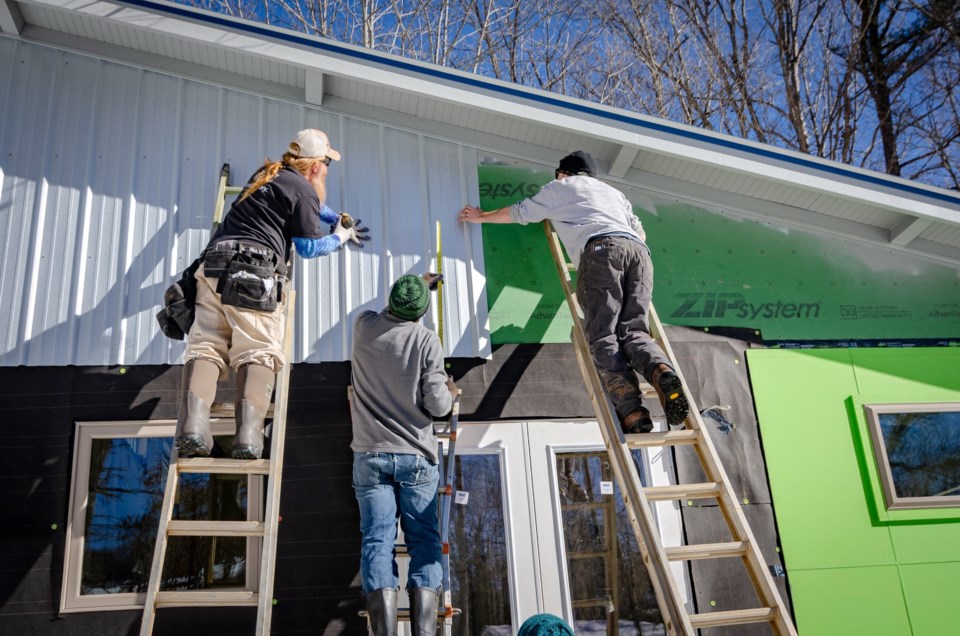Port Coquitlam aims to build 550 more homes each year to meet demand.
But that’s not good enough, the provincial government says as it clamps down on B.C. municipalities to get more units up and ease the housing crisis.
On Tuesday, April 23, Victoria released its second list of communities that must meet new housing targets in the next five years, showing Port Coquitlam as one of 20 municipalities in the latest round.
Last fall, Port Moody was placed on the inaugural list of 10 communities that have to boost their housing stock; under the new rules, Port Moody must build 1,694 more homes by 2028.
But provincial officials have yet to determine Port Coquitlam’s housing goal, saying its official number under the Housing Supply Act will come this summer.
Bruce Irvine, PoCo’s director of development services, told the Tri-City News that every B.C. municipality will eventually be on the housing target list.
“In Port Coquitlam, we've increased approvals by 60 per cent over the last five years, and 40 per cent of all homes in the last three years have been non-market,” he said.
“What we need is a provincial partner to help us solve some of the gaps, especially in terms of labour shortages and infrastructure."
Besides PoCo, the province’s second round for housing targets includes:
- Central Saanich
- Chilliwack
- Colwood
- Esquimalt
- Kelowna
- City of Langley
- Maple Ridge
- Mission
- Nanaimo
- New Westminster
- North Cowichan
- North Saanich
- City of North Vancouver
- Prince George
- Sidney
- Surrey
- View Royal
- West Kelowna
- White Rock
In a news release, Victoria said it will oversee the housing progress and work with the 20 communities to reach their identified goals.
And the provincial government said it’s already handed out money for local governments to build more rapidly, citing the $1-billion Growing Communities Fund, the $10 million under the Local Government Development Approvals Program and the $51 million in grant-based funding for planning or projects, such as updating existing zoning bylaws, housing needs reports and official community plans.
"We are addressing the housing crisis with our municipal partners so thousands more affordable homes can be built for people who need them," said Housing Minister Ravi Kahlon in the release.
"Our goal for the next 20 communities is to build on the work they are already doing, while they continue to implement the recent provincial legislative changes. This group includes communities that are doing well on housing and some that need to do more."
Tri-City municipal councils have largely criticized the provincial government for its handling of the new housing legislation, saying it was implemented without local government consultation.




